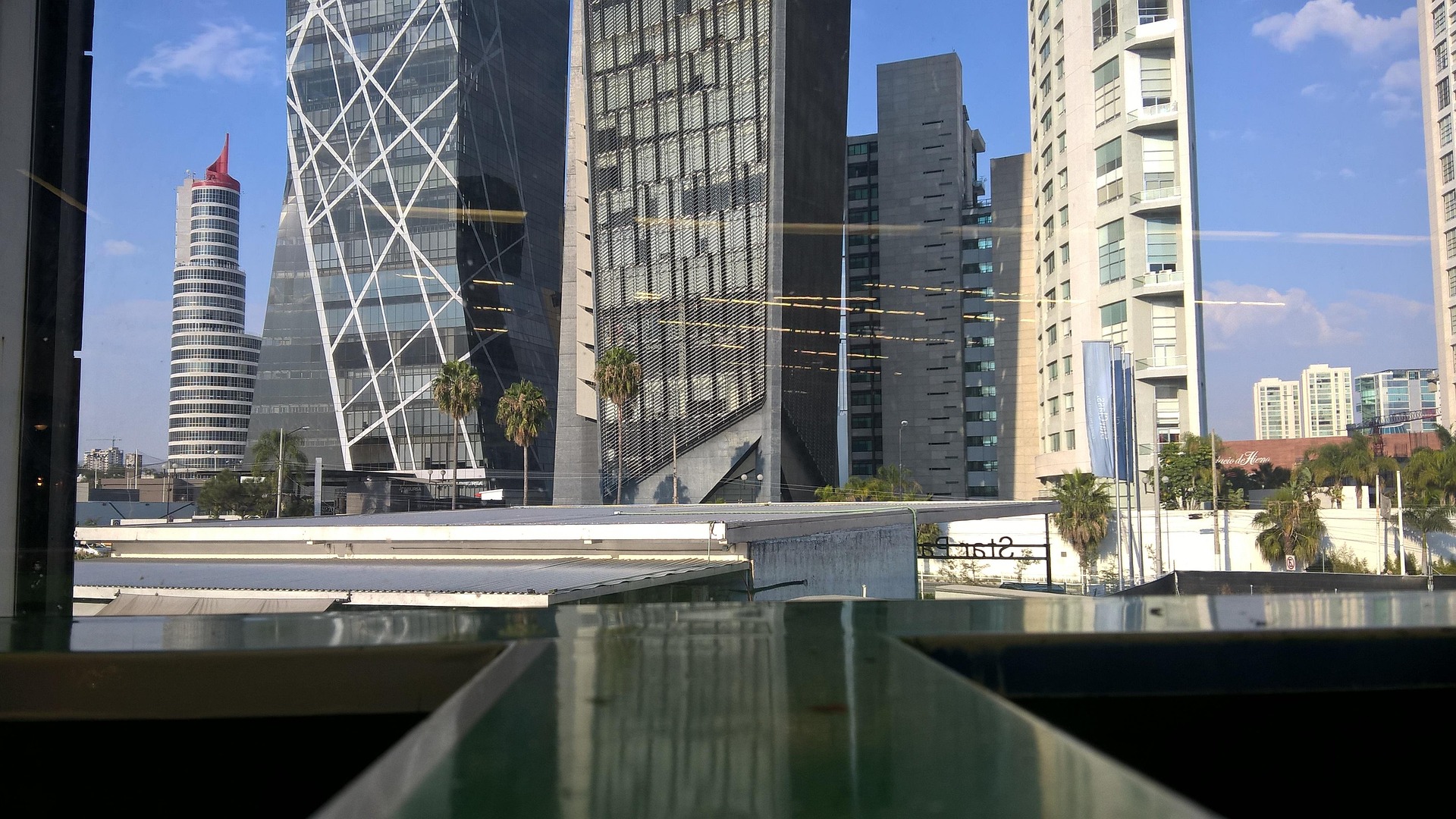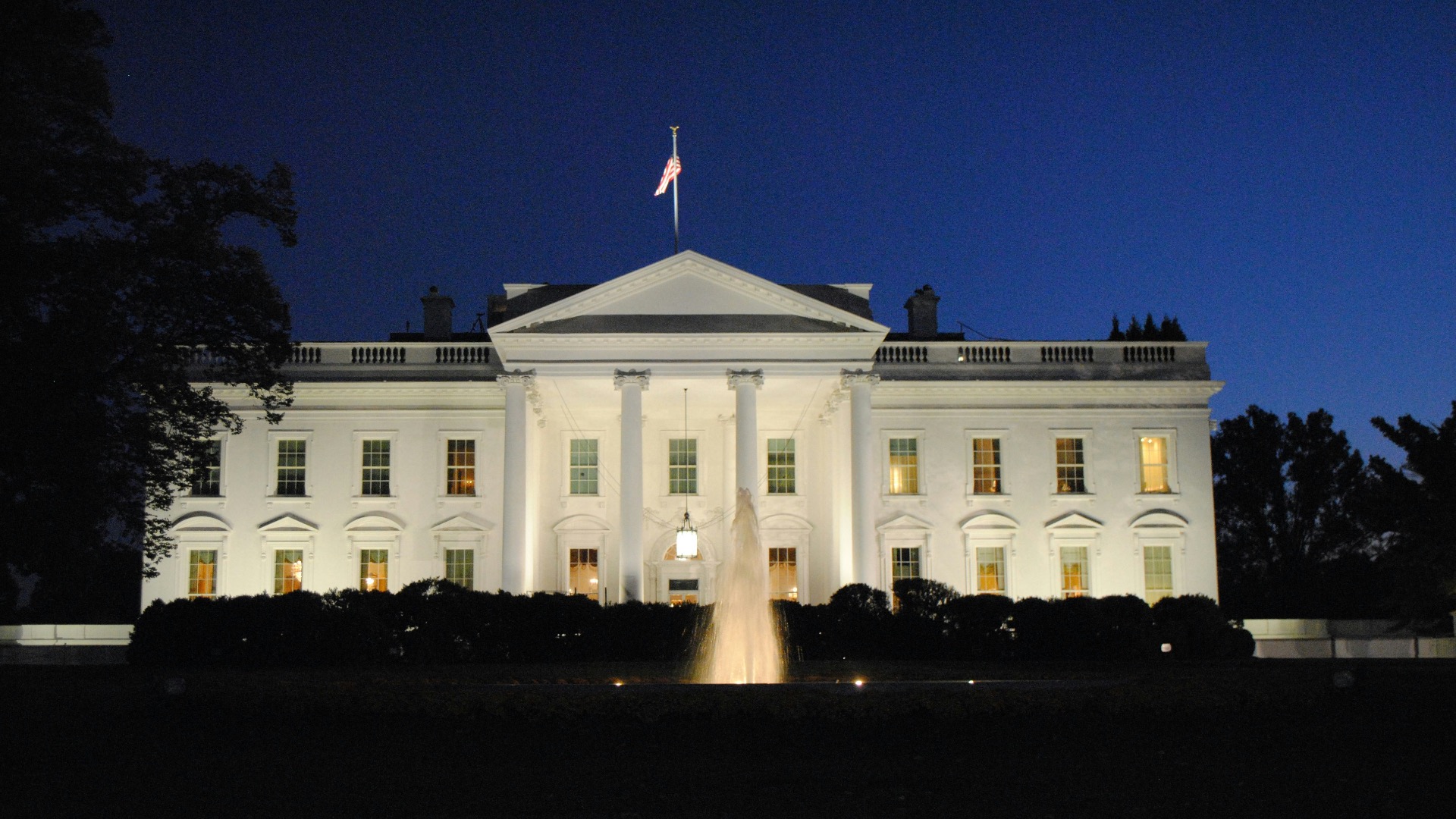
Who’s Afraid of Emerging Markets?
Investments in Emerging Markets – a Distorted Perception and an Opportunity for German SMEs
In a world where we can rely less and less on old partnerships, attention increasingly turns south – toward the emerging markets of Asia, Latin America, and Africa. At the same time, perceptions of these foreign markets in Germany have grown increasingly polarized. While global corporations have long recognized and seized the opportunities, many small and medium-sized enterprises (SMEs) remain hesitant, shaped by fears often based on distorted media portrayals. But why is that, and what might a shift in perspective look like for German SMEs?

The Media Perspective: Crime, Instability, and Risk – A Distorted Reality
Negative headlines often dominate German media coverage of emerging markets. Conflicts, corruption, political instability, and economic crises prevail: terrorist attacks in Africa, political upheaval in Latin America, or currency crises in Asia are regularly featured. According to an analysis by Media Tenor, a well-known media monitoring institute, news coverage from these regions in German media rarely shows nuance – it is usually alarmist, seldom focusing on actual opportunities.
This one-sided reporting fosters a distorted perception that obscures the real conditions on the ground. A recent Media Tenor analysis shows that over 70 percent of reports about emerging markets in Germany focus on risk, uncertainty, and crisis, while positive developments, innovations, or political stability are hardly mentioned. This shapes the image many German SMEs have of countries in these regions.
The Ambiguous Information Sources: Who Provides the Facts?
Another problem lies in the lack of reliable and balanced information. Many German companies rely on globally known media or economic reports – yet these are often written from a Western perspective and mainly reflect the viewpoint of investors. Genuine insight into local realities, however, requires listening to voices on the ground: politicians, entrepreneurs, and representatives of civil society. Relevant sources can include:
- Government and chamber of commerce reports from local economies (e.g., trade chambers in African or Asian countries)
- Local associations and industry organizations
- Economic universities and research centers in the respective countries
- Direct interviews and peer-group analyses
- Local media, including business and trade journals
- Data from international or regional organizations such as the World Bank, UN, IMF, or the development banks of Asia (ADB), Africa (AfDB), and Latin America (IDB), which often provide up-to-date, reliable economic data and analyses.
Only by combining these perspectives can companies gain a realistic view of market conditions and identify genuine opportunities.
The Shift in Perspective: From Fear to Informed Opportunity
Ignorance fuels insecurity. And insecurity paralyzes. This may explain why German SMEs show a far lower investment dynamic compared to their peers from other industrialized countries. German medium-sized firms should pursue a strategic reorientation: moving away from pure risk aversion toward intelligent risk analysis – one that examines real rather than merely media-shaped conditions.
A shift in perspective means adopting the viewpoint of the target countries and understanding their local frameworks. For example, which political factors affect stability? What market dynamics characterize the local industry? How do local actors respond to foreign engagement? Only when SMEs understand the cultural, political, and economic realities on the ground can they make better-informed decisions and manage risks more effectively.
Beyond Fear: A World of Opportunities
The truth is: emerging markets are not risk-free environments, but few other regions offer such enormous growth potential. Digitalization is creating entirely new markets and business models in Africa; Asia is thriving on unprecedented innovation and technological development; and Latin America boasts young, dynamic consumer markets.
What’s needed is investigative curiosity, a willingness to work with local partners, and realistic risk management – not fear of the unknown. Equally important is taking the time to rely on on-the-ground partners, expert advisors, and local networks to grasp the true scope of opportunities and challenges.
For German SMEs, fear of emerging markets may stem from past media narratives and an incomplete, one-sided flow of information. But those who broaden their perspective, engage with local realities, and understand the true framework conditions will discover that beyond the supposedly “safe” global North lies a vast world of opportunity.


The World in Focus: Highlights from Foreign Affairs’ Best Books of 2025


2025: A World Without Resolution

The U.S.-Venezuela Limited War of 2025: A Legal and Strategic Assessment



